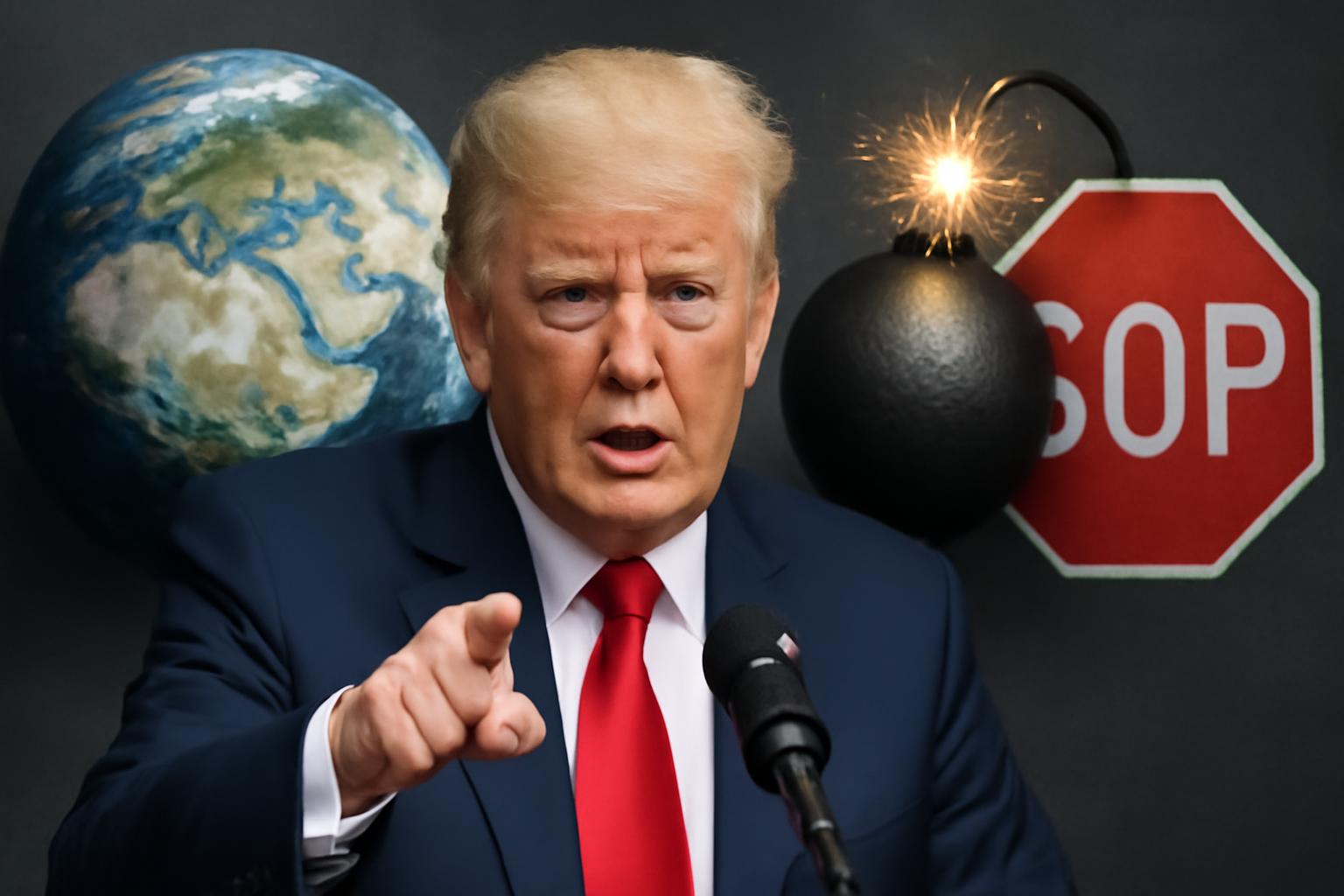The President of the United States, Donald Trump, has tightened his ultimatum to Russia regarding the ongoing war in Ukraine, reducing the time allowed for a ceasefire agreement from fifty days to a mere ten or twelve. He has done so under threat of imposing draconian tariffs—100 percent—on the trading partners of Russia, which notably includes economic giants like China, India, and Brazil. Trump made clear his growing impatience with President Vladimir Putin, particularly as Russian military aggression against Ukrainian civilians has escalated, resulting in heavy losses and human suffering. Despite these extraordinary threats and the unmistakable signal they send to the markets and to Moscow’s international relationships, the Kremlin appears unmoved, dismissing both the new wave of arms deliveries to Ukraine and the promise of punitive economic sanctions as counterproductive to any prospects for peace.
What a spectacle of hubris and folly! Once again, the world is invited to watch the dangerous illusion of top-down “solutionism,” this time in the sphere of international conflict, led by the interventionist spirit of the American executive. Let us be clear: the notion that peace—let alone a durable, just peace—can be forced upon nations at gunpoint, or more insidiously, at tariff-point, is an extension of the same central planning fallacy that has ruined economies and crushed liberties for generations. Here, Trump wields threats of sweeping trade restrictions not as a matter of legitimate self-defense but as a blunt instrument to bend sovereign nations to his will. Who will pay the price for these tariffs? Not just the statesmen in Moscow or Beijing, but ordinary people the world over. The chains of global commerce are not so simply manipulated as the levers of a state bureaucracy; every barrier erected—especially ones imposed at such fevered speeds—disrupts spontaneous order and breeds only distortion, hardship, and retribution.
Moreover, to punish the entire world economy for the crimes and follies of a handful of potentates is to repeat in foreign policy the very error of collectivism: it collectivizes guilt, responsibility, and, above all, suffering. The logic is as crude as it is dangerous: “Comply, or the world shall burn!” It is a recipe for escalating tit-for-tat measures, isolationism, and mutual impoverishment. History teaches us that when trade falls victim to politics, the cause of liberty and prosperity is set back for all. Peace requires dialogue, trust, and the recognition of legitimate pluralism among nations, not the threat of economic siege. It is built on spontaneous cooperation and mutual benefit, never on the bayonet or the tariff wall.
Finally, the promise of a swift, dictated settlement reflects profound misunderstanding both of the complexity of the war in Ukraine and of the nature of international order. A world of free peoples cannot be managed from the center, whether that center sits in Washington, Moscow, or anywhere else. Only the patient processes of negotiation, local knowledge, and voluntary agreement can yield something approaching reconciliation. To try forcibly to “solve” war though bureaucratic fiat and economic intimidation is not statesmanship; it is little more than the planning mentality applied to the tragic realm of war. And as always, the costs will be borne by those least able to defend themselves from the designs of the powerful.
